Phytonutrients, also known as phytochemicals, are plant compounds that offer a myriad of health benefits. These bioactive substances not only contribute to the vibrant colors, flavors, and aromas of fruits and vegetables but also play a crucial role in promoting overall well-being.
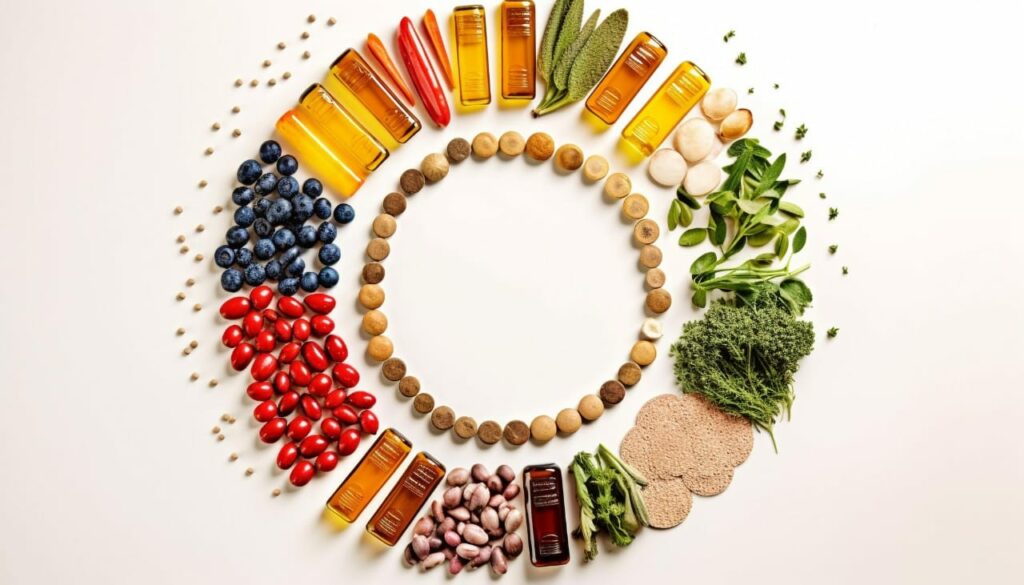
Understanding Phytonutrients:
Phytonutrients are classified into various groups, each with its unique properties and health benefits. Let’s delve into some of the key classes:
-
Flavonoids:
- Abundant in fruits, vegetables, tea, and red wine, flavonoids boast antioxidant properties that combat oxidative stress and inflammation.
- Incorporate berries, citrus fruits, and dark chocolate into your diet to enjoy the benefits of flavonoids.

-
Carotenoids:
- Responsible for the vibrant colors of many fruits and vegetables, carotenoids like beta-carotene, lutein, and zeaxanthin promote eye health and support the immune system.
- Load up on carrots, sweet potatoes, spinach, and kale to boost your carotenoid intake.
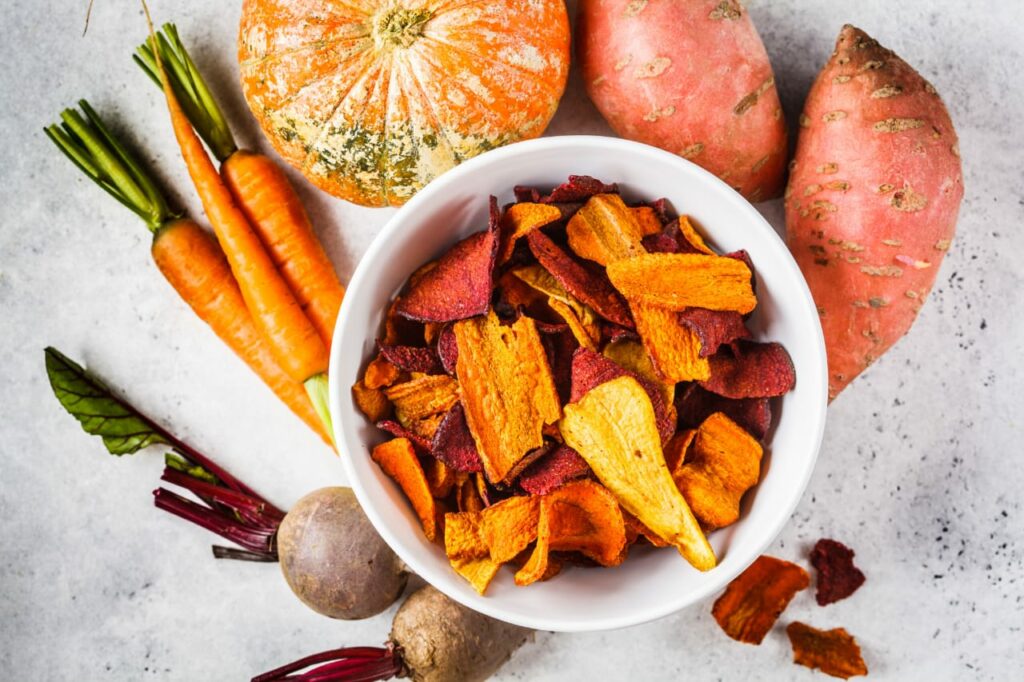
-
Glucosinolates:
- Found in cruciferous vegetables such as broccoli, cabbage, and kale, glucosinolates have been linked to cancer prevention.
- Steam or lightly cook these vegetables to retain their nutritional potency.
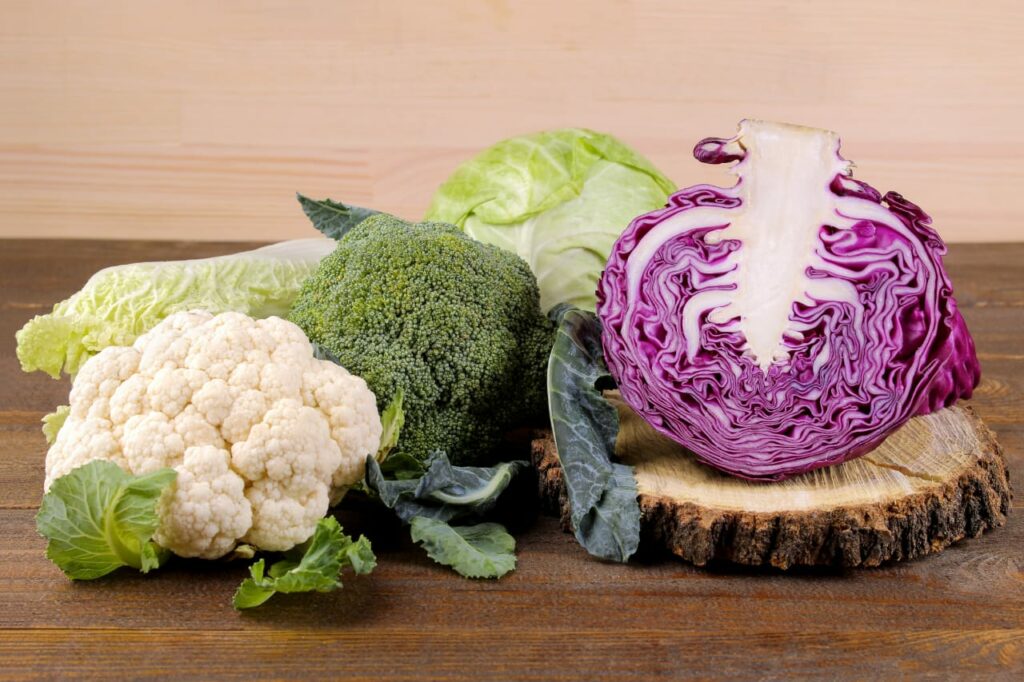
-
Phytosterols:
- Plant compounds structurally similar to cholesterol, phytosterols compete with cholesterol absorption, thus supporting heart health.
- Include nuts, seeds, and whole grains in your diet to benefit from phytosterols.
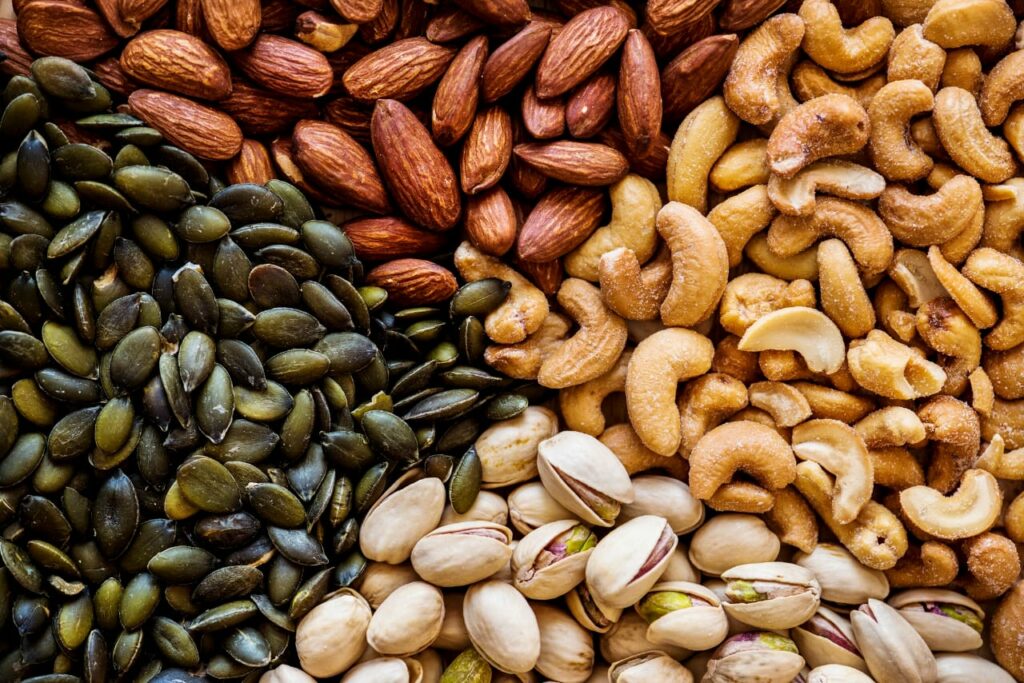
-
Saponins:
- Present in legumes, saponins exhibit anti-inflammatory and immune-boosting properties.
- Enjoy a variety of beans, lentils, and peas to incorporate saponins into your meals.
Health Benefits of Phytonutrients:
The inclusion of phytonutrients in your diet offers a wide array of health benefits:
- Antioxidant Protection: Phytonutrients neutralize free radicals, protecting cells from damage and reducing the risk of chronic diseases.
- Anti-Inflammatory Effects: Many phytonutrients exhibit anti-inflammatory properties, aiding in the prevention of inflammatory conditions.
- Heart Health: Certain phytonutrients contribute to cardiovascular health by lowering cholesterol levels, improving blood vessel function, and reducing blood pressure.
- Cancer Prevention: The potent antioxidants in phytonutrients help combat oxidative stress, reducing the risk of cancer development.
Incorporating Phytonutrients into Your Diet:
Embracing a diverse and colorful diet is key to reaping the benefits of phytonutrients. Here are practical tips: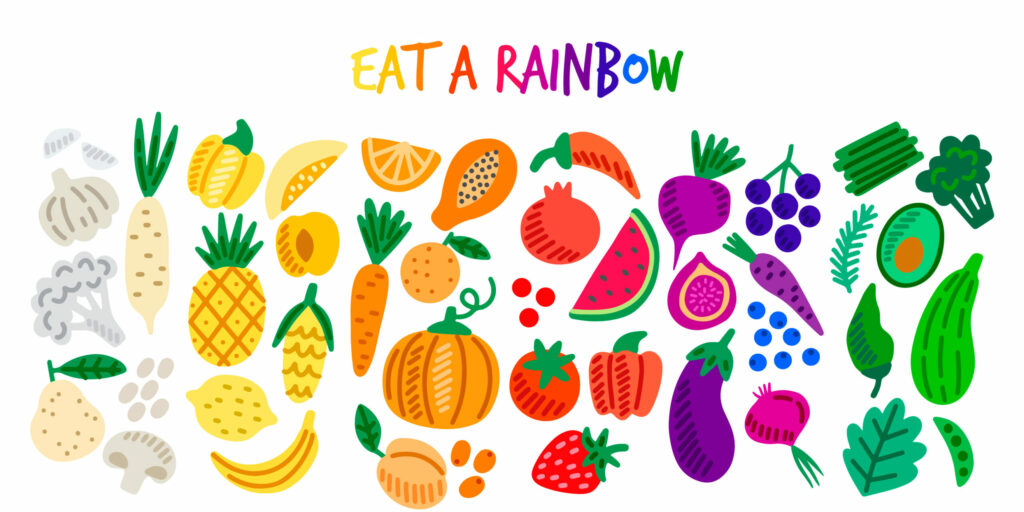
- Eat a Rainbow: Consume a variety of fruits and vegetables in different colors to ensure a broad spectrum of phytonutrients.
- Include Herbs and Spices: Herbs and spices like turmeric, garlic, and ginger are rich in phytonutrients, adding flavor and health benefits to your meals.
- Opt for Whole Foods: Choose whole, unprocessed foods over refined options to maximize your phytonutrient intake.
- Try Plant-Based Diets: Consider incorporating more plant-based meals into your routine, focusing on a colorful array of fruits, vegetables, legumes, and whole grains.
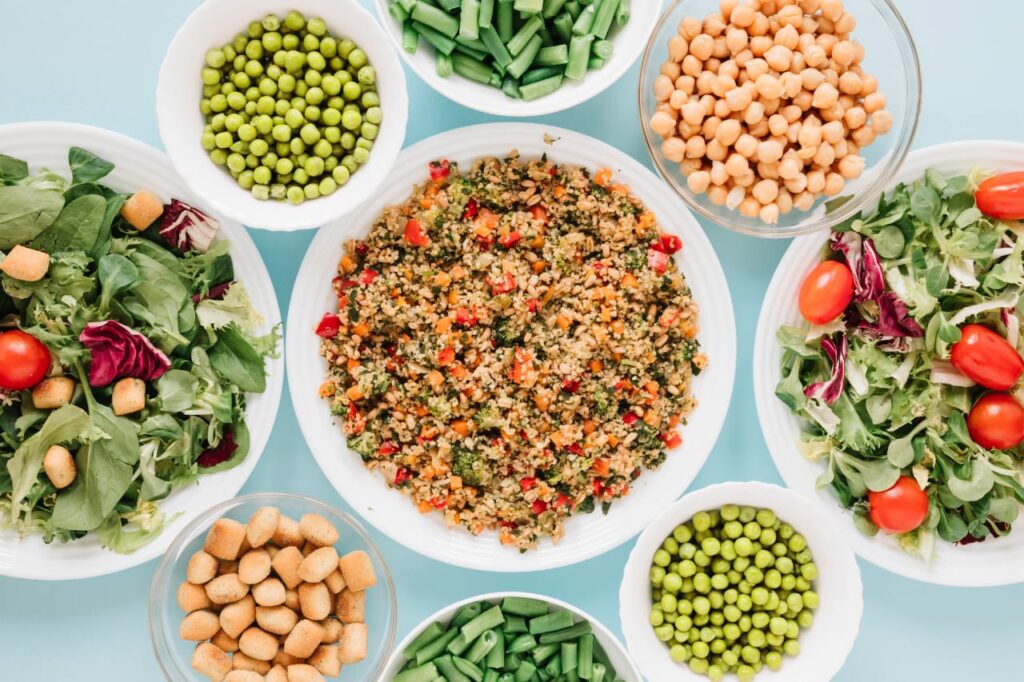
Conclusion:
In the journey toward optimal health, harnessing the power of phytonutrients is a wise and delicious choice. By embracing a diverse and colorful diet, rich in plant-based foods, you can unlock the potential of these bioactive compounds to support your well-being. Let nature’s bounty be your guide to a healthier, happier life.



